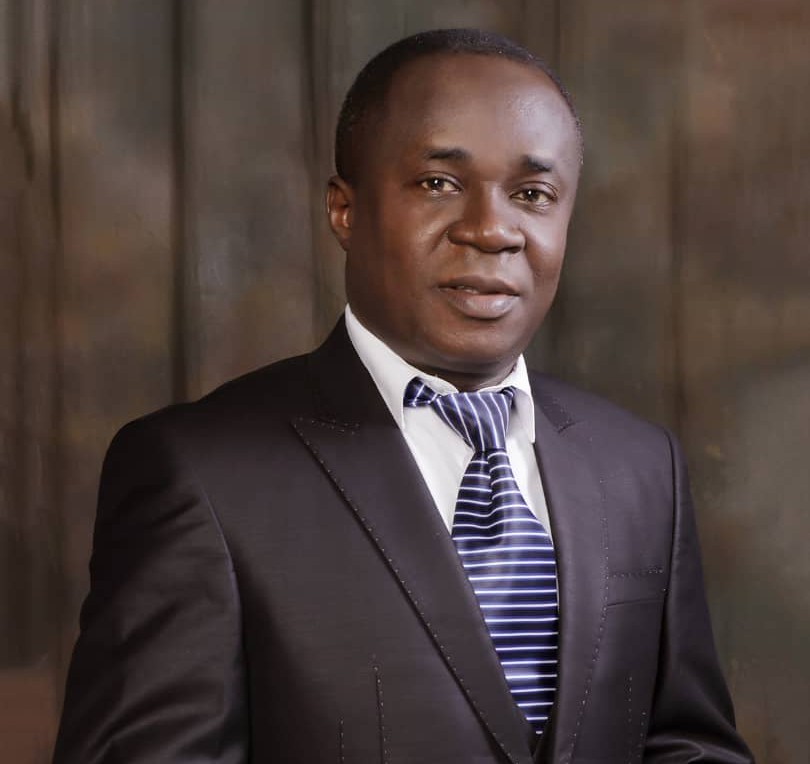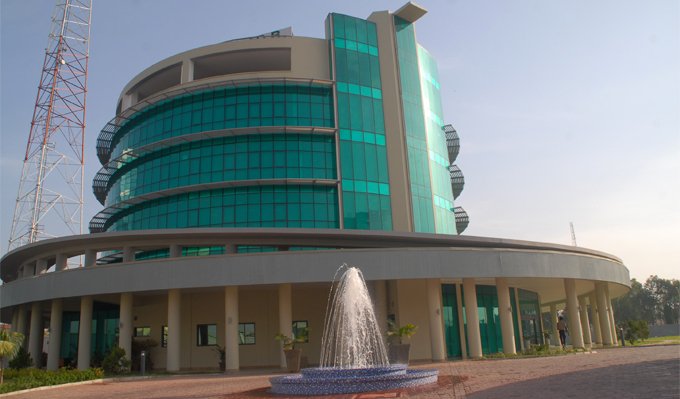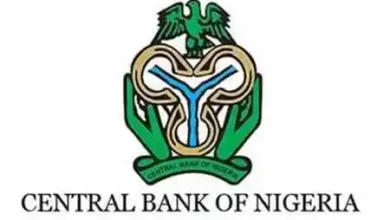MPC: CBN’s Decision Consistent With Global Trends -Prof. Uwaleke

Renowned Capital Market Professor and President of the Association of Capital Market Academics of Nigeria, Uche Uwaleke has said, the recent decision by the Monetary Policy Committee (MPC) of the Central Bank of Nigeria (CBN) to hold rates was largely to strengthen the ongoing economic recovery process.
The former Imo State Commissioner for Finance said, MPC decision to hold rates, was largely predicted, adding, it was done to strike a balance in a Stagflation era.
Prof. Uwaleke said, while a reduction in Monetary Policy Rate was not an option given rising inflation and Exchange rates pressure, increasing MPR could roll back modest progress made in the area of credit to the real sector and economic recovery generally.
He noted that the best decision under the circumstance was to hold rates and rely more on development Finance functions to stimulate economic growth.
He said, ‘’as a matter of fact, most Central Banks are maintaining accommodative monetary policies due to the lingering negative impact of COVID’19. You saw what happened in Turkey recently.
‘’The Central Bank Governor increased benchmark rate to tame rising inflation and was sacked by President Erdogan. The new Central Bank Governor has announced he would keep rates low.
‘’So, the MPC’s decision is consistent with global trends among central banks,’’ he said.
Recall, Mr. Godwin Emefiele while briefing newsmen shortly after the MPC meeting in Abuja said, the Committee, decided by a vote of 3 members to increase MPR by 50, 75 and 50 basis points respectively, and 6 members voted to hold all parameters constant.
He said, in summary, the MPC voted to: Retain the MPR at 11.5 percent; Retain the asymmetric corridor of +100/-700 basis points around the MPR; Retain the CRR at 27.5 per cent; and Retain the Liquidity Ratio at 30 per cent.
He noted that ‘’in its consideration of whether to tighten, hold or loosen, the Committee felt that with inflation at a 3-year high and price stability being the Bank’s core mandate, a contractionary policy stance may be required to tame the rising trend.
‘’It nevertheless feels that tightening will hike the cost of capital and hamper investments required to create employment and continue to boost recovery.
‘’On the other hand, MPC thinks that whereas loosening would lower rate and improve access to credit which will drive investment, reduce unemployment and stimulate aggregate demand, it feels that loosening will create excess liquidity, which will intensify demand pressure on the foreign exchange market, thereby leading to further depreciation
in the currency.
‘’It, therefore, feels that a hold position which encourages Management to continue to use its various intervention mechanisms to deploy liquidity into employment generation and output stimulating sectors of the economy would be desirable as this would help consolidate the country’s recovery process,’’ he said.






